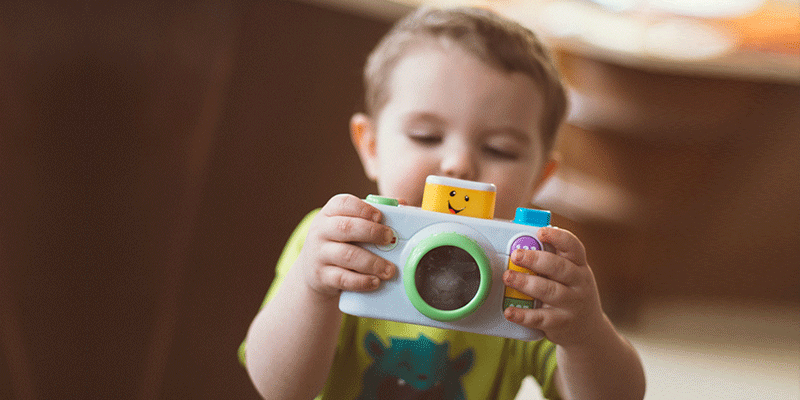
Separation anxiety varies WIDELY between children. Some babies become hysterical when mom is out of sight for a very short time, while other children seem to demonstrate ongoing anxiety at separations during infancy, toddlerhood, and preschool.
To All You Working Moms & Dads
The trick for surviving separation anxiety demands preparation, brisk transitions, and the evolution of time. I would suggest we parents suffer as much as our children do when we leave. Even though we are often reminded that our children stop crying within minutes of our leave-taking, how many of you have felt like you’re “doing it all wrong” when your child clings to your legs, sobs for you to stay, and mourns the parting?
As a working mom, separation anxiety creates questions for me. Although it is an entirely normal behavior and a beautiful sign of a meaningful attachment, separation anxiety can be exquisitely unsettling for us all.
Here are facts about separation anxiety and tips to improve the transitions I‘ve learned the hard way (I‘ve made about every mistake):
Facts about Separation Anxiety
- Infants: Separation anxiety develops after a child gains an understanding of object permanence. Once your infant realizes you’re really gone (when you are), it may leave him unsettled. Although some babies display object permanence and separation anxiety as early as 4 to 5 months of age, most develop more robust separation anxiety at around 9 months. The leave- taking can be worse if your infant is hungry, tired, or not feeling well. Keep transitions short and routine if it’s a tough day.
- Toddlers: Many toddlers skip separation anxiety in infancy and start demonstrating challenges at 15 or 18 months of age. Separations are more difficult when children are hungry, tired, or sick—which is most of toddlerhood! As children develop independence during toddlerhood, they may become even more aware of separations. Their behaviors at separations will be loud, tearful, and difficult to stop.
- Preschoolers: By the time children are 3 years of age, most clearly understand the effect their anxiety or pleas at separation have on us. It doesn’t mean they aren’t stressed, but they certainly are vying for a change. Be consistent; don’t return to the room based on a child’s plea, and certainly don’t cancel plans based on separation anxiety. Your ongoing consistency, explanations, and diligence to return when you say you will are tantamount.
Last Updated 11/21/2015
Source Mama Doc Medicine: Finding Calm and Confidence in Parenting, Child Health, and Work-Life Balance (Copyright © 2014 Wendy Sue Swanson)
The information contained on this Web site should not be used as a substitute for the medical care and advice of your pediatrician. There may be variations in treatment that your pediatrician may recommend based on individual facts and circumstances.






